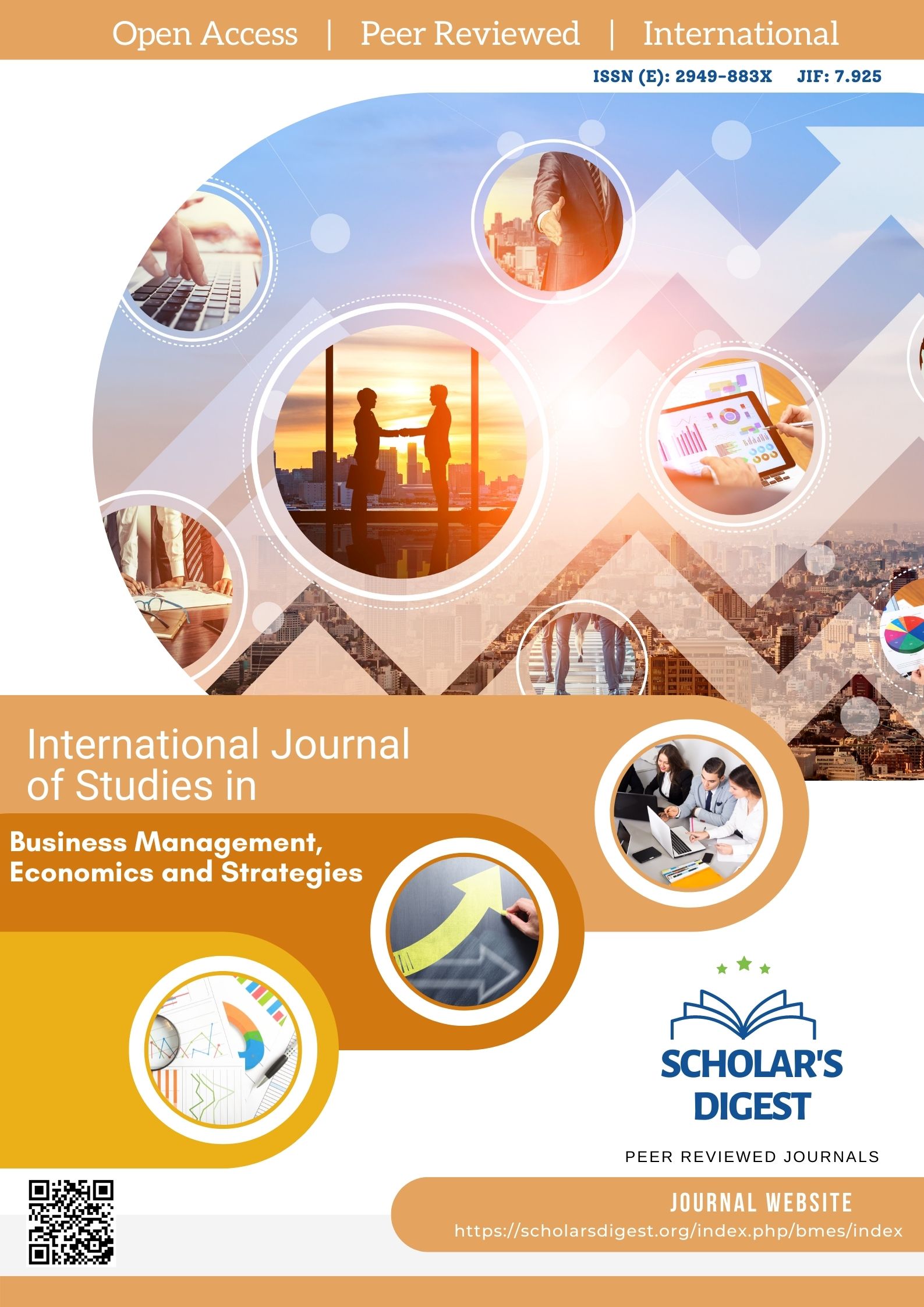THE ROLE OF SOCIAL AUDIT IN REDUCING TAX EVASION
Keywords:
Social Auditing, Social Responsibility, Tax Evasion.Abstract
Social auditing complements financial and accounting auditing, contributing to integrating individuals' and society's economic, social, and human needs. It is an ongoing process of examining, analyzing, evaluating, studying, and strategically determining the social status of economic units. This process helps these units oversee and direct their performance while allowing the public to influence the performance, behavior, and future policies of the economic unit. Additionally, social auditing plays a role in reducing or limiting tax evasion in social expenditures. The study's problem revolves around the expected impact of social auditing on the phenomenon of tax evasion in social activities. The hypothesis suggests that social auditing has a significant correlation and statistical significance in reducing tax evasion. Various scientific methodologies were adopted to conduct the study, including the descriptive and deductive methods for the theoretical part and the inductive and analytical methods for the practical part, using programs such as Amos, SPSS, and Smart PLS. The primary aim of the study is to demonstrate the role of social auditing in reducing tax evasion in social expenditures, highlighting the importance of social auditing for Iraqi economic units, emphasizing its role in obliging these units to comply with the laws, regulations, and instructions issued by relevant authorities, including the General Tax Authority, and examining the extent to which these units use legal and illegal means to partially or completely evade taxes.
Downloads
Published
Issue
Section
License

This work is licensed under a Creative Commons Attribution-NonCommercial 4.0 International License.








